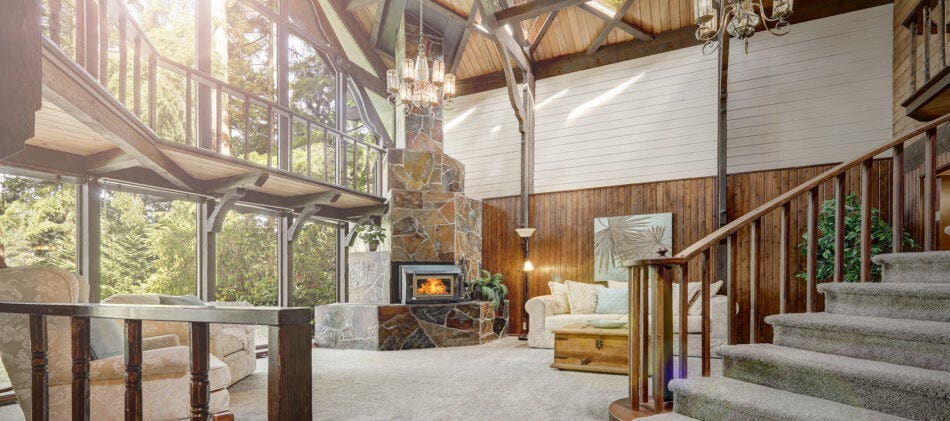With summer in full swing, many across BC are running off to their cabins or other vacation properties to unwind and take advantage of the beautiful weather. If you’re the lucky owner of a home away from home, you likely already invest significant time and resources into care and maintenance to keep it in shape for your getaways. Like your primary home, it’s important to protect this investment by getting a professional assessment of your risks and securing the right insurance coverages and limits for you.
There are significant differences between coverages for primary and seasonal homes. Here are just a few special considerations to keep in mind:
- Your seasonal property can be added to your primary home insurance policy as a secondary or seasonal location or you can purchase a stand-alone policy. In many cases however, an insurer will only offer coverage on your seasonal property if they already insure your primary home.
- How your seasonal property is used and how often it’s occupied will make a difference in the types of coverages you need along with the limits required. It’s important to be aware of the distinctions, what’s covered and excluded and add additional coverages where it’s needed.
- Since seasonal properties are left unoccupied much of the time, they are more vulnerable to risks such as water damage or vandalism. As a result, insurers tend to limit the coverage they offer to specific risks such as fire, explosion or smoke damage. What’s included and excluded will differ by policy and by insurer but some common exclusions may include sewer backup and flooding, earthquake damage, vandalism, campers or trailers.
- Detached structures (such as a boathouse, garage or shed) are not automatically covered, but can be added upon request.
- It is crucial to alert your insurance provider if you are renting out your property when you’re not using it. Some seasonal property policies exclude damage caused by renters and some will only allow the property to be rented for very short periods of time.
- It is important to insure your property up to the amount that would be required to completely rebuild it in the event of a total loss, rather than the current market value. Chances are the cost to rebuild may be significantly higher. Where possible, look for guaranteed replacement cost. In the event that the cost to rebuild your property exceeds your policy limits, this feature tops up the coverage to ensure you have the funds required for complete restoration.
If you are looking to buy a seasonal property or currently own one and would like to know more about your insurance options, contact an Acera risk advisor for professional, personalized advice and further information and resources.

